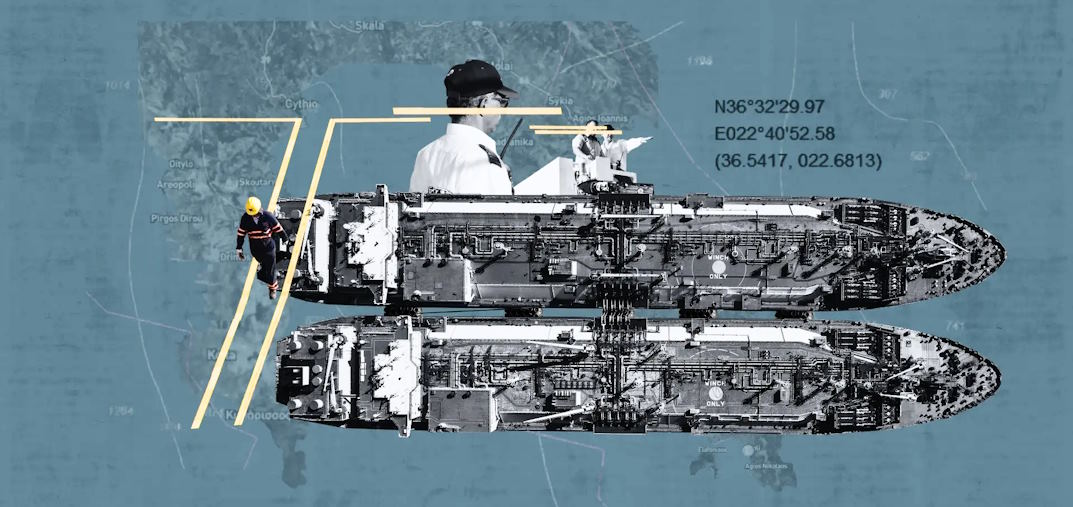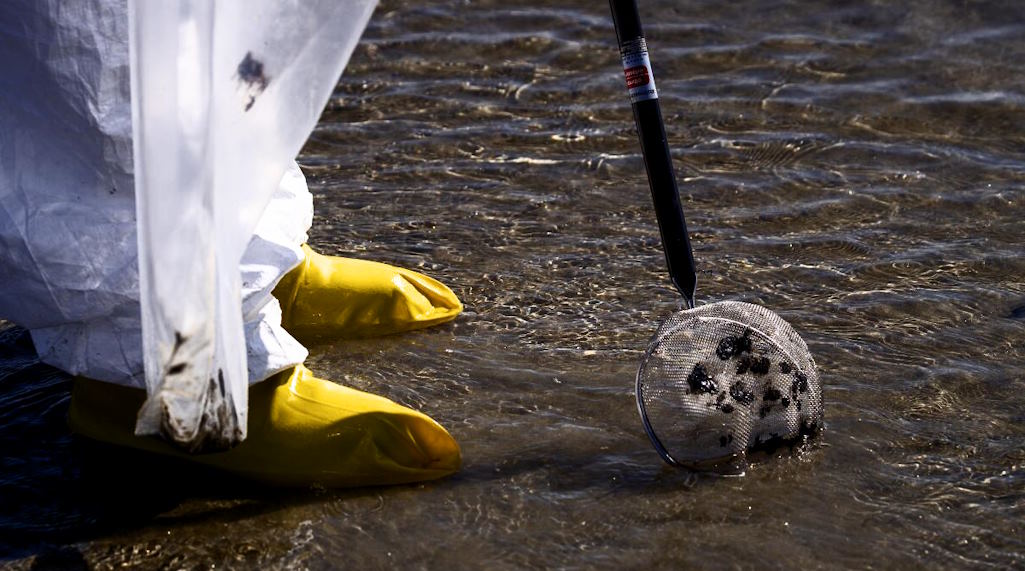
The Role of Media in Shaping Public Perception of Oil Spills
Media plays a pivotal role in shaping public perception, including how we view and respond to environmental crises such as oil spills. In this article, we’ll unveil the profound influence of the media in molding public opinion on oil spills, highlighting how it shapes the way we perceive these incidents and their consequences.
The Power of Media Influence
- Media as Information Gatekeepers
The media serves as a primary source of information for the public about oil spill incidents. It holds the responsibility of disseminating accurate and timely updates.
- Framing and Agenda Setting
Media outlets can frame oil spills in various ways, focusing on different aspects such as environmental impact, human suffering, or corporate responsibility. This framing influences public perception and the importance attributed to specific facets of the spill.

Unveiling Media’s Role in Molding Public Opinion
- Sensationalism vs. In-Depth Reporting
Some media may opt for sensationalism, emphasizing dramatic visuals and emotional stories to capture attention. Others provide in-depth reporting, offering a comprehensive understanding of the spill’s causes, effects, and response efforts.
- Impact on Public Sentiment
Media coverage can evoke a range of emotions among the public, from anger and outrage to empathy and concern. These emotions can influence public opinion on oil spill-related policies and regulations.

Media Shapes the Way We Perceive Oil Spill Incidents
- Crisis Communication
The way oil companies and government agencies communicate during a spill crisis can also be influenced by media coverage. Effective crisis communication can mitigate reputational damage.
- Advocacy and Activism
Media exposure can mobilize public support for environmental causes and activism. It can lead to increased public pressure for stricter regulations and corporate responsibility.
The media’s role in shaping public perception of oil spills cannot be understated. Through framing, agenda setting, and its power to evoke emotions and prompt action, the media has a profound impact on how society views and responds to these environmental disasters. As informed citizens, it is essential to critically evaluate media coverage, seek diverse perspectives, and engage in constructive dialogues to better understand the complexities of oil spills and advocate for responsible environmental stewardship.